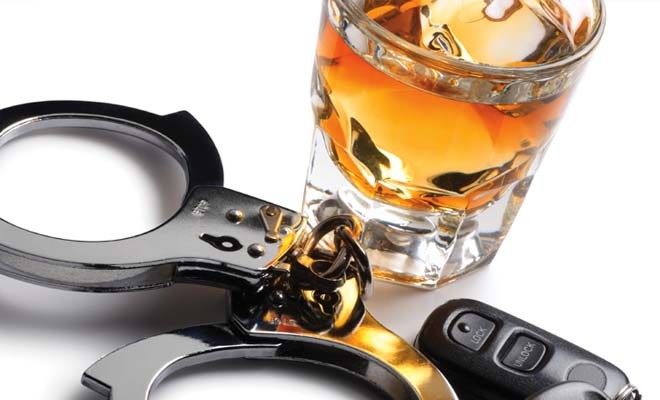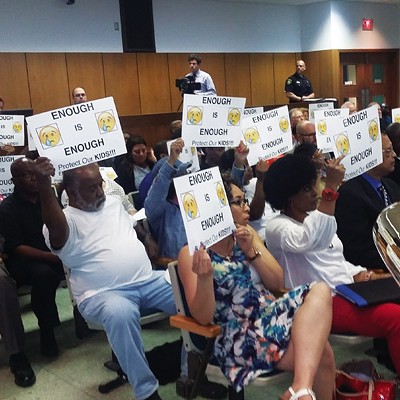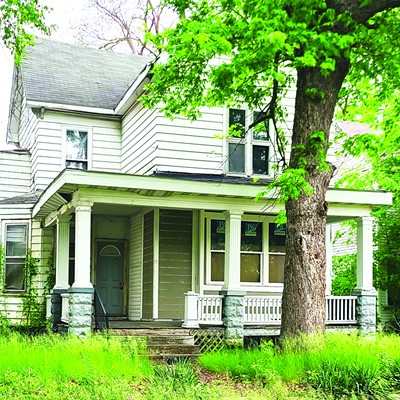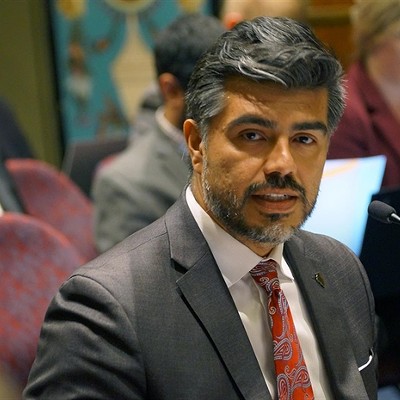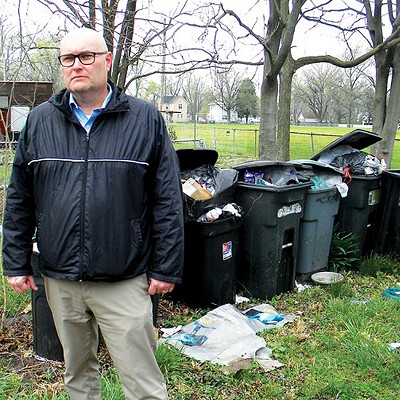A bill moving through the Illinois General Assembly would give four-time driving under the influence (DUI) offenders a chance at getting behind the wheel again.
State law prohibits a citizen who has been found guilty of DUI four or more times from having any driving privileges. State Rep. Elaine Nekritz, D-Northbrook, is pushing a bill in the House that would give those individuals a chance at obtaining a restricted driving permit (RDP). An RDP differs from a regular driver’s license in that permit holders can only drive under certain conditions.
Nekritz has referred to the bill as a “chance at a chance.” It gives those convicted of a fourth DUI a chance to prove they should be allowed an RDP.
“It’s not a full license,” Nekritz said. “This is a very restricted, limited permit. For those that really do get their lives turned around, this is a chance for them to become productive again.”
The applicant would first have to prove that he or she has been sober for at least three years. The individual would not be able to apply until at least five years after the license was last revoked. The restricted driver would only be able to drive vehicles with ignition interlock devices, which Nekritz said are now equipped with cameras to deter drivers from having others blow into the device for them.
The permit would not be an option to anyone who has been convicted of a DUI-related crash that resulted in a fatality.
Nekritz said there are about 5,000 Illinoisans who have lost their licenses due to four DUIs.
One of those individuals is Michael Geever, a 51-year-old man from Glendale Heights, a northern suburb. He told the House Vehicles and Safety Committee that he has been sober for six years.
“We need to pass this law because people need to believe that there is hope for them,” he said.
Supporters of the bill argue that those who have had licenses permanently revoked are likely to be out on the road driving anyway.
“Consider this: Those who drive while intoxicated do so thinking they won’t get caught. Those with a lifetime revocation think the same thing. … Implementing [this bill] will stop men and women from driving illegally and uninsured,” Geever said.
But one of the committee’s members, State Rep. Rich Brauer, R-Springfield, says that offenders who already drive illegally without a license is one reason why he voted against the bill. He said after speaking to law enforcement officials, he thinks permit holders would be likely to get behind the wheel of a vehicle without an interlock device, even though that is not permitted under the bill.
Brauer also opposes the bill because of public safety concerns.
“At what point do you say … this is enough. There’s plenty of public transportation in the Springfield area,” he said.
A key aspect to the bill is the applicants must prove they have been sober. According to Springfield-based attorney Ted Harvatin, who is on the Illinois State Bar Association committee that supports the legislation, this permit is designed for people who have turned their lives around from alcohol abuse.
“I’ve found that people like this who did have a chance [at a permit] are really serious about it,” he said. “It takes them out of the shadows.”
Applicants would follow the same Secretary of State process for obtaining a permit that is followed for earlier DUI offenses. The same standards regarding proof of sobriety would apply, which Harvatin said essentially depend on people telling the truth. Live witnesses are called to hearings to attest an individual has been sober for a period of time. He said in the case of those who have turned their lives around: “It’s pretty easy to see.”
In addition to the ISBA, the bill’s supporters include the Illinois License Beverage Association, the Alliance Against Intoxicated Motorists and the Mothers Against Drunk Driving.
Secretary of State Jesse White has not come out with an official stance on the proposal. The bill is expected to come before the House for a full vote in the next few weeks.
Contact Lauren P. Duncan at [email protected].
A chance after four DUIs
[
{
"name": "Air - MedRect Combo - Inline Content 1",
"component": "11490391",
"insertPoint": "3",
"requiredCountToDisplay": "1",
"parentWrapperClass": "fdn-ads-inline-content-block"
},{
"name": "Air - MedRect Combo - Inline Content 2",
"component": "11490392",
"insertPoint": "7",
"requiredCountToDisplay": "5",
"parentWrapperClass": "fdn-ads-inline-content-block"
},{
"name": "Air - MedRect Combo - Inline Content 3",
"component": "11490393",
"insertPoint": "12",
"requiredCountToDisplay": "9",
"parentWrapperClass": "fdn-ads-inline-content-block"
}
]
Illinois Times has provided readers with independent journalism for almost 50 years, from news and politics to arts and culture.
Your support will help cover the costs of editorial content published each week. Without local news organizations, we would be less informed about the issues that affect our community..
Got something to say?
Send a letter to the editor and we'll publish your feedback in print!

